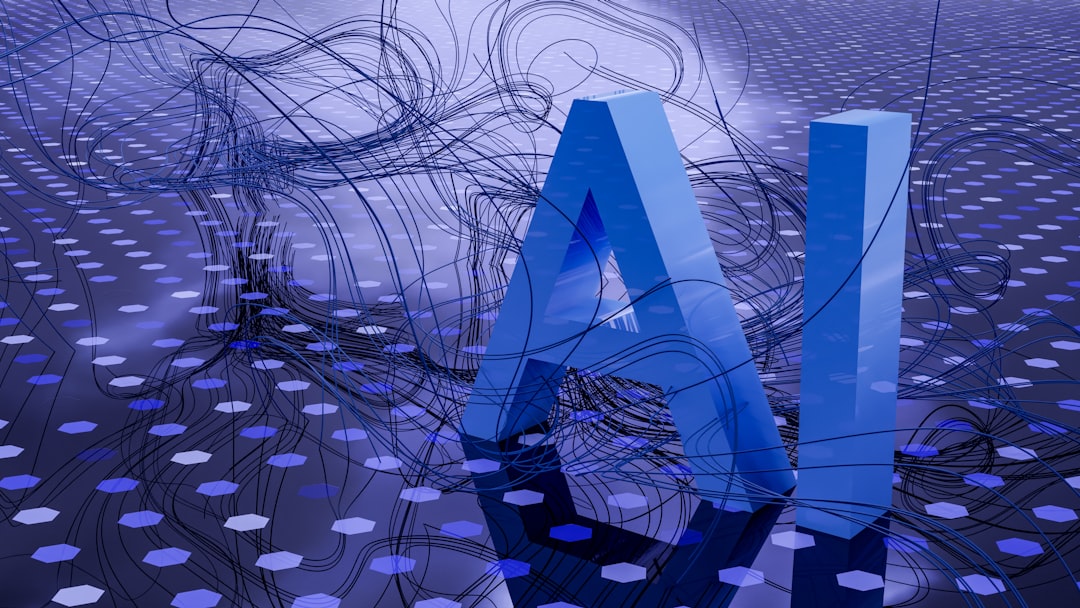Artificial Intelligence (AI) has emerged as a revolutionary technology, transforming industries and reshaping the way businesses operate. With advancements in computing power and data availability, AI has evolved from a concept to a powerful tool that mimics human intelligence. In this article, we will explore the current and potential applications of AI across various industries, analyzing its impact and discussing the opportunities and challenges it presents.
Understanding the Evolution of AI
AI refers to the ability of machines to replicate or enhance human intellectual capabilities, such as reasoning and learning. The concept of AI dates back to the mid-20th century, but it is in recent years that significant progress has been made. Today, AI is powered by technologies such as machine learning, natural language processing, computer vision, and robotics, enabling machines to learn from data, adapt to changing circumstances, and make autonomous decisions.
AI Use Cases Across Industries
1. Healthcare
In the healthcare industry, AI is revolutionizing diagnostics, drug discovery, and patient care. AI algorithms can analyze vast amounts of medical data to identify patterns, aiding in the early detection of diseases like cancer. For example, researchers at Stanford University developed an AI system that can detect skin cancer with an accuracy comparable to dermatologists.
2. Finance
AI is transforming the finance industry by automating processes, detecting fraud, and providing personalized financial advice. AI-powered chatbots can assist customers in managing their finances, answering queries, and assisting with transactions. Moreover, AI algorithms can analyze large datasets to identify potential fraudulent activities in real-time, enhancing security and reducing financial risks.
3. Retail
In retail, AI is improving customer experiences through personalization and optimizing supply chain management. AI algorithms can analyze customer data, browsing history, and purchasing patterns to provide personalized recommendations, increasing customer satisfaction and sales. Additionally, AI-powered systems can optimize inventory management by predicting demand, minimizing stockouts, and reducing costs.
4. Manufacturing
AI is streamlining manufacturing processes by optimizing production schedules, predicting maintenance needs, and enhancing quality control. AI-powered robots can perform repetitive tasks with precision, freeing up human workers for more complex responsibilities. For instance, BMW uses AI and robotics to enhance car assembly, resulting in improved efficiency and product quality.
5. Transportation
AI is revolutionizing transportation through the development of autonomous vehicles, optimizing routes, and improving logistics. Companies like Tesla and Waymo are making significant strides in developing self-driving cars that have the potential to reduce accidents and increase transportation efficiency. AI algorithms can analyze real-time traffic data to optimize routes and reduce congestion.
6. Education
In education, AI is transforming the learning experience by providing personalized tutoring, automating grading, and facilitating adaptive learning. AI-powered virtual assistants can provide students with instant feedback, answer questions, and tailor study plans according to individual needs. Furthermore, AI algorithms can analyze student performance data to identify areas of improvement and provide targeted interventions.
7. Energy
AI is optimizing energy consumption, improving grid stability, and enabling predictive maintenance in the energy sector. AI algorithms can analyze data from smart meters and sensors to identify patterns and optimize energy usage. For instance, Google's DeepMind AI was employed to reduce power consumption in data centers, resulting in a 15% decrease in energy usage.
8. Media and Entertainment
AI is revolutionizing the media and entertainment industry by enabling personalized content recommendations, enhancing content creation processes, and improving user experiences. Streaming platforms like Netflix and Spotify use AI algorithms to analyze user preferences, behavior, and historical data to curate customized content playlists. AI is also used in video and audio editing, saving time and improving the quality of media production.
9. Agriculture
AI is transforming agriculture through precision farming, crop monitoring, and automation of labor-intensive tasks. AI-powered drones and sensors can monitor crop health, detect pests or diseases, and optimize irrigation, leading to increased yields and reduced resource wastage. For example, Japanese company Spread uses AI-powered robots to manage its indoor lettuce farms, significantly increasing productivity.
10. Customer Service
AI-powered chatbots and virtual assistants are transforming customer service by providing instant support, answering queries, and improving response times. Natural language processing allows these AI systems to understand and respond to customer inquiries, enhancing overall customer satisfaction. Companies like Amazon and Apple have successfully integrated AI-powered virtual assistants, such as Alexa and Siri, into their customer service strategies.
These 10 use cases provide a glimpse into the transformative power of AI across various industries. From healthcare to finance, retail to transportation, education to energy, and beyond, AI is revolutionizing traditional business models and unlocking new opportunities.
While AI presents exciting possibilities, it also comes with risks. Privacy concerns, algorithmic biases, and potential job losses are some of the challenges that need to be addressed before we can fully realize the potential of AI.
The future of AI is both exciting and uncertain, but one thing is for sure – its impact on our lives will continue to grow in the years ahead. As such, it is important for businesses to stay abreast of all developments related to AI, in order to ensure that they remain competitive and capitalize on the opportunities presented by this technology.
By combining powerful AI algorithms with human expertise, businesses can unlock potential that was previously unattainable and achieve greater success. To remain competitive in today's rapidly-evolving landscape, companies must continue to invest in AI and leverage its capabilities to the fullest extent. As more organizations adopt AI technology, we will be able to unleash a new era of innovation, productivity, and growth.
